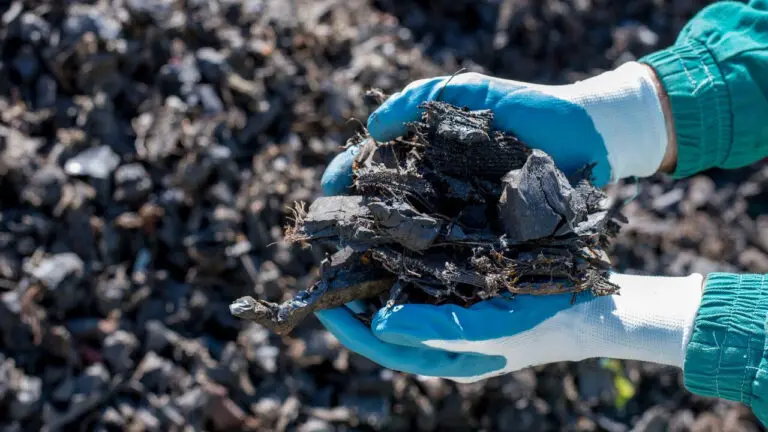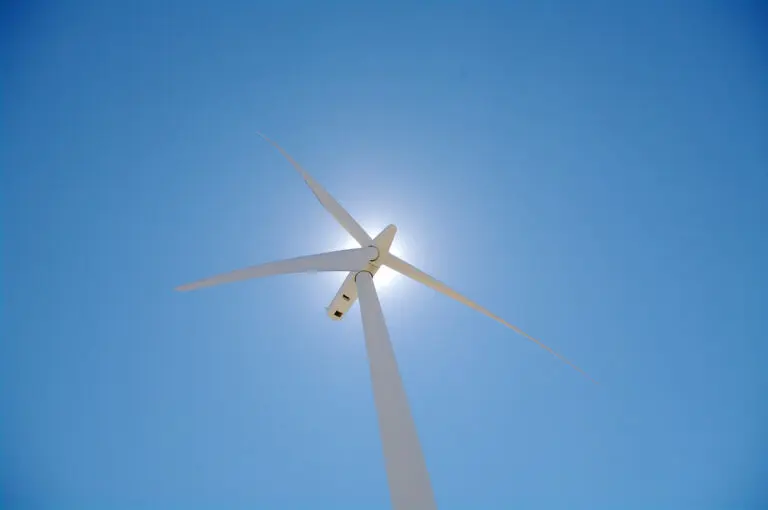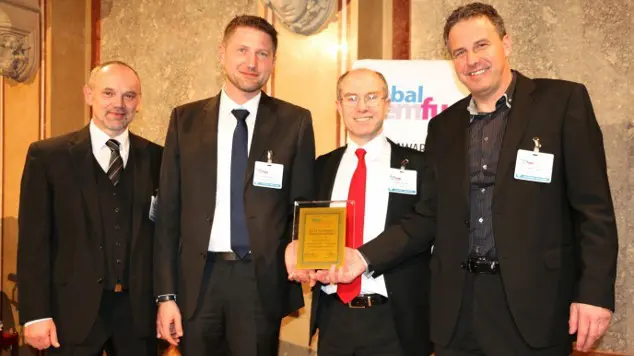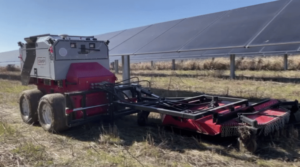7 May 2013
Managing Editor of Waste Management World magazine
A number of waste to energy and biofuel projects are to receive funding from the Canadian federal government following its $82 million backing for 55 innovative new projects aimed at producing and using energy in a cleaner, more efficient way.
The support is being provided through the Government’s ecoENERGY Innovation Initiative, which was first introduced in the 2011 Budget, and is administered by Natural Resources Canada.
Among the beneficiaries of the funding was Enerkem, which was awarded a total of just over $4 million for two of its projects. Enerkem’s senior vice president, Tim Cesarek will be making a presentation in today’s WMW Webcast looking at the company’s techonogy and its partnership with the City of Edmonton.
Prime Minister Stephen Harper revealed the recipients of the funding Quebec City last week, where he met with representatives of several of the companies receiving funding.
Of the 55 projects being supported, 15 will be pre-commercialisation demonstration projects to test the feasibility of various technologies, and 40 will be research and development projects to address knowledge gaps and bring technologies from the conceptual stage to the ready-to-be-tested stage of development.
Of the projects chosen, a number were in the areas of waste to energy and biofuel production from wastes. These projects included:
Biomass-rich Waste Conversion into Drop-in Fuels
Lead Proponent: Enerkem Inc.
Location: Montréal, Quebec
Funding: $1,099,870
The objective of this project is to research and develop catalytic processes to convert synthesis gas obtained from thermal gasification of municipal solid waste into “drop-in” renewable fuels, which are completely interchangeable with hydrocarbon fuels, and which could ultimately displace conventional gasoline, diesel and jet fuel.
The proposed research will enable the proponent to accelerate the implementation of its biofuels and bioproducts strategy, initially in Quebec and Alberta, but gradually expanding to other regions of the country.Modular Compact Combined Heat and Power (CHP) Using Local Heterogeneous Biomass Wastes
Lead Proponent: Enerkem Inc.
Location: Westbury, Quebec, and Edmonton, Alberta
Funding: $2,913,000
The objective of this project is to develop and demonstrate a system to convert municipal solid waste into an energy rich gas that can fuel an engine to produce heat and electricity. This renewable form of energy could be used in remote and rural applications, such as northern communities, industries, and mine operations where it could replace the cost of shipping diesel fuel. Once deployed, the technology will reduce greenhouse gas emissions and generate employment in remote and rural communities.
Demonstration of Utility Grade Synthesis Gas Production Derived from Biomass Gasification
Lead Proponent: Nexterra Systems Corp.
Location: Vancouver, British Columbia
Funding: $3,250,000
Nexterra has developed a gasification technology that processes low cost waste fuels, such as wood wastes, under controlled conditions to produce a synthesis gas (syngas) that can be used to produce heat and/or power or be further processed to produce chemicals. This project will help divert a small side-stream of the syngas from a wood waste gasifier and further process it to produce a 99 percent pure hydrogen gas that is suitable for injection into a natural gas pipeline. This could lead to a major breakthrough for the renewable hydrogen industry by addressing two key challenges: the lack of a reliable commercial biomass gasification and upgrading platform for hydrogen; and, the lack of standards for hydrogen injection into a natural gas pipeline.
Front End Engineering Design Study: Yukon Bioenergy Demonstration Project
Lead Proponent: Yukon Energy Corporation
Location: Whitehorse, Yukon
Funding: $500,000
Exploring the potential of biomass energy production in the north offers the possibility of a local power supply, creation of a new and sustainable industry, as well as potential new jobs and business opportunities for First Nations communities. This Front End Engineering and Design study will aim to confirm the viability of electricity generation in Yukon using small-scale gasification technology and locally-derived biomass feedstock in the form of salvage or waste wood.
Source: Waste Management World








